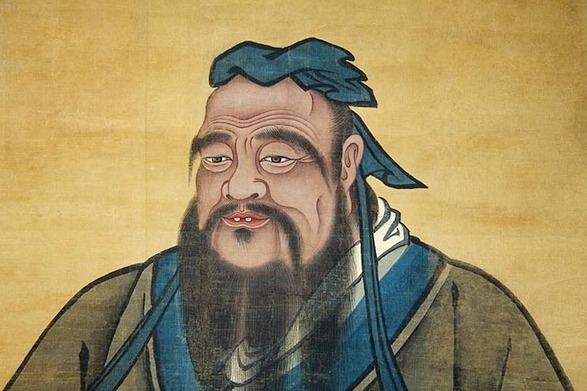Liu Cixin dissects the popularity of his epic work


According to the China Educational Publications Import and Export Corporation, Liu Cixin's Three-Body Problem trilogy has sold over 6 million copies worldwide in 23 languages, making it one of the best-selling contemporary Chinese literary works internationally.
In a speech Liu recently delivered to mark the 10th year of the book's international publication, he modestly attributed its global success to two main aspects.
He dismissed the idea that its global appeal lies in providing a sci-fi perspective on China.
Instead, he says, the novel's success stems from its offering of a panoramic depiction of the arrival of an extraterrestrial civilization in the near future, a theme that resonates globally. Science fiction is a worldwide genre where humanity shares a common identity, dissolving national and ethnic differences. It depicts crises and challenges faced by all and envisions a future that unites humanity in aspiration.
"Therefore, science fiction is the literary genre most capable of transcending cultural and racial boundaries, resonating with people worldwide," he says.
The Three-Body Problem books deal with the theme of human contact with extraterrestrial civilizations, a universal issue for humanity.
He argues that extraterrestrial civilizations pose a real threat, challenging common perceptions. Their potential arrival, whether imminent or distant, is humanity's greatest uncertainty and could profoundly transform our reality and fate.
Contact with extraterrestrial civilizations is one of the most important themes in science fiction. However, for many years, alien science fiction — primarily dominated by US science fiction — has mostly depicted such contact occurring in the distant future and far-off space, while more realistic alien science fiction, like Ted Chiang's Story of Your Life, is often limited to specific scenes and fields.
Sci-fi novels like The Three-Body Problem, which offers a broad portrayal of the arrival of an extraterrestrial civilization in the near future, have been relatively rare in recent years, and it is understandable that they have sparked widespread interest among readers, he says.
Liu attributes the second reason for its global success to the rapid advancement of Chinese society.
"For a science fiction novel to have a significant impact, it needs not only compelling content but also to originate from rapidly developing, advanced countries, which is quite different from realist literature," he says.
Science fiction emerged in the early 19th century in the then-dominant United Kingdom. When the UK began to decline in the early 20th century, the center of science fiction shifted to the rapidly developing United States, he says.
Today, the influence of The Three-Body Problem novels overseas is closely related to China's modernization process. This great transformation has made China a country full of futuristic appeal, drawing global attention to Chinese science fiction, he says.
"The driving force of the times should be considered the deepest reason for the success of The Three-Body Problem," he concludes.
Beyond the previously mentioned factors, it's also important to note the significant transformation in world science fiction literature since the turn of the century, he says.

Liu observes that science fiction has matured from a young literary genre while also losing some of its youthful vitality.
"The passion for gazing at the stars and exploring new worlds has cooled, with the focus of science fiction gradually shifting from the cosmos to humanity itself, addressing real-world issues such as racial discrimination, gender conflict, environmental issues and the alienation caused by biotechnology," he says.
This marked the end of the golden age of science fiction, a trend mirrored in Chinese science fiction, where it has been termed "science fiction realism".
However, in the US, the best-selling science fiction novels in recent years still follow the golden age model, such as Andy Weir's The Martian and Project Hail Mary, and James SA Corey's The Expanse series.
This indicates that the principles of the golden age of science fiction still possess strong vitality and appeal, Liu says.
"The Three-Body Problem trilogy, created under these principles, evokes nostalgia among science fiction readers while also presenting new worlds of imagination, which I believe is an important reason for its impact on overseas readers," he says.
- Written in the stars - A dialogue with science fiction writer Liu Cixin
- 'The Three-Body Problem' celebrates a decade of global impact, charts future expansion
- 'Three-Body Problem' Ten-Year Cosmic Echoes: Global message compilation
- Drama pushes Chinese sci-fi frontiers
- Sending humanity's voice to the cosmos: Global video call for <em>The Three-Body Problem</em>





































